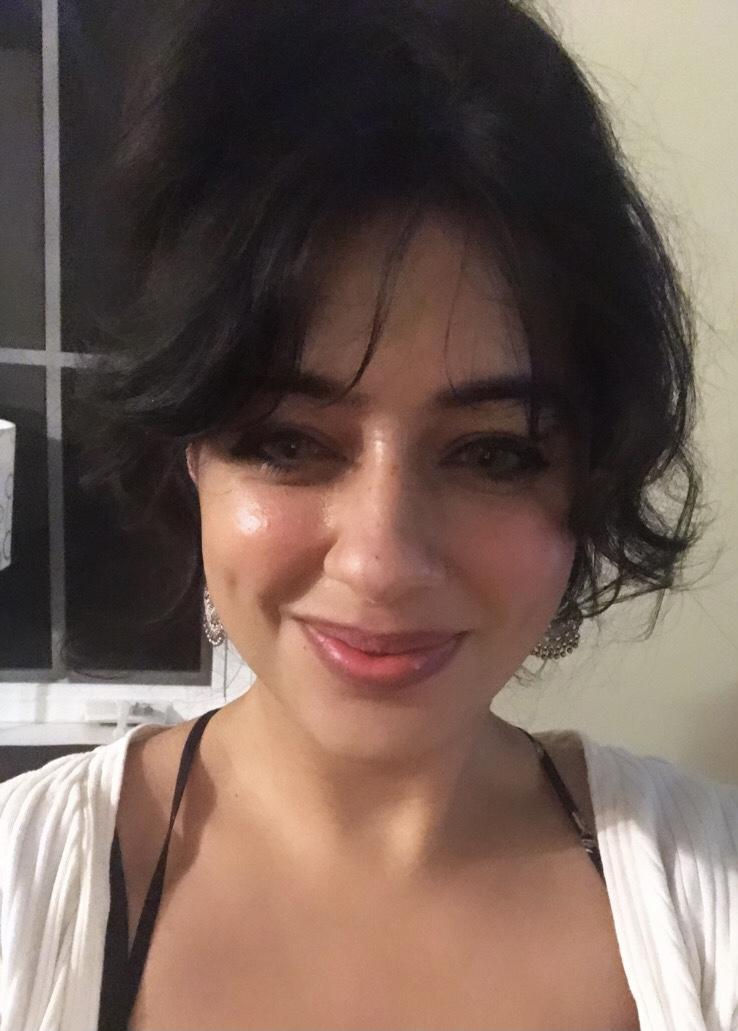High Impact Practices Spotlight Series: Learning Communities
- The Maple League

- Apr 24, 2021
- 4 min read
By Tiffany MacLennan, Maple League Research Fellow and Strategist and Tanisha Campbell, Maple League Student Fellow, Knowledge Mobilization & Community Engagement
In this High Impact Practice Spotlight Series,[1] we look at learning communities. Learning communities aim to equip students with the tools to ask and answer “big” questions inside the classroom, across the classrooms, and outside of the classroom. In this spotlight, we get a glimpse of what course-, online- and program-based learning communities look like across the Maple League Universities.
Dr. Lisa Dawn Hamilton – Mount Allison University

In fall 2020, I taught a fourth year psychology seminar called Stress, Burnout, and Resilience. We explored physiological, psychological, and social aspects of stress, taking into account the role of systemic oppression. We discussed consequences of chronic or uncontrollable stress such as trauma and burnout. The semester ended on a positive note, discussing on ways we can build resilience against the harms of stress at the individual, family, and community level. Students each chose a topic to focus on. The final project was to take the academic research they had done over the semester and translate it into podcast script. We wanted to share important knowledge in a way that was entertaining and accessible to the community. The podcast episodes were created with input and collaboration from their classmates, a professional broadcaster, and me. The final product is This is Fine: A Podcast about Stress, Burnout, and Resilience. You can download episodes anywhere you find podcasts or stream them here https://shows.acast.com/this-is-fine/episodes

Dr. Sophie Boyer – Bishop’s University

Teaching is about connecting, drawing parallels, between that book and its adaptation to the screen, between this painting and that Freudian concept, but, more importantly, it is about connecting humans with one another in their existential quest(s), not just in the fictional realm, but very concretely, hic et nunc, in the classroom. This is why, in my task as an instructor of German language, literature and culture, I always favor an interdisciplinary approach that makes space for students’ creativity and personal experience: how can they make links between their everyday life and what they are learning with me? how can they contribute turning their learning experience into a collective adventure? how can they help me learn about their fears and their dreams? My most important task, ultimately, is to listen.
Dr. Jasmeen Sidhu – Bishop’s University

Community building in a classroom is a challenge in general; however, it feels like an impossibility for online teachers during COVID-19. To try and foster a sense of community, I use several high technological and low technological resources with my online classes. All the courses I teach have social media platforms (Instagram/Tik Tok) populated with micro-lectures, Microsoft Teams set-ups, and highly interactive Moodle pages. They also have online study groups with a maximum of 10 people each to foster communication, built-in dedicated class time for casual conversations, and interactive exercises. By utilizing these modern and classical techniques, the hope is to build a sense of community with students, which may help modernize the traditional university education. As the world does not look the same as it did ten years ago, why does our education model look so similar to the one from 150 years ago?
Dr. Brad Long – St. Francis Xavier University

High impact practices take a number of forms, and students in the BBA program in the Gerald Schwartz School of business have the opportunity to participate in a number of them. It begins in their first year, in our Introduction to Business labs where students develop key skills for success in our program, and culminates in a variety of capstone experiences and the use of learning communities in our students’ senior year.
Along the way, some of the practices that I use include debates, field trips, service learning and reflective assignments. In Business Ethics, students participate in structured debates on a variety of topics which they help to decide. Our Leadership course utilizes a project I designed that sees students practice leadership from the conception through execution of a community based initiative. When I offer Organizational Sustainability, field trips – from nature walks to organizational site visits – are part of the curriculum. Senior students in Responsible Management engage in service learning to strengthen their civic-mindedness. And finally, several of my courses include opportunities for individual reflection by students on their values and the kind of business person they wish to become. I also work with the bulk of our honours students in Management & Leadership as they complete their research-based theses.
Add to this the potential for international exchange, co-op placements, consulting projects and case competitions, to name a few, and the stage is set for a highly engaging and impactful environment for learning.
[1] The HIP Visibility Project is a part of a larger HIP project conducted by Research Fellow and Strategist Tiffany MacLennan. The goal of the HIP project is to make HIPs more accessible for both faculty and students. For more information about the HIP project or if you would like to participate, please contact Tiffany at x2015lki@stfx.ca.




Comments